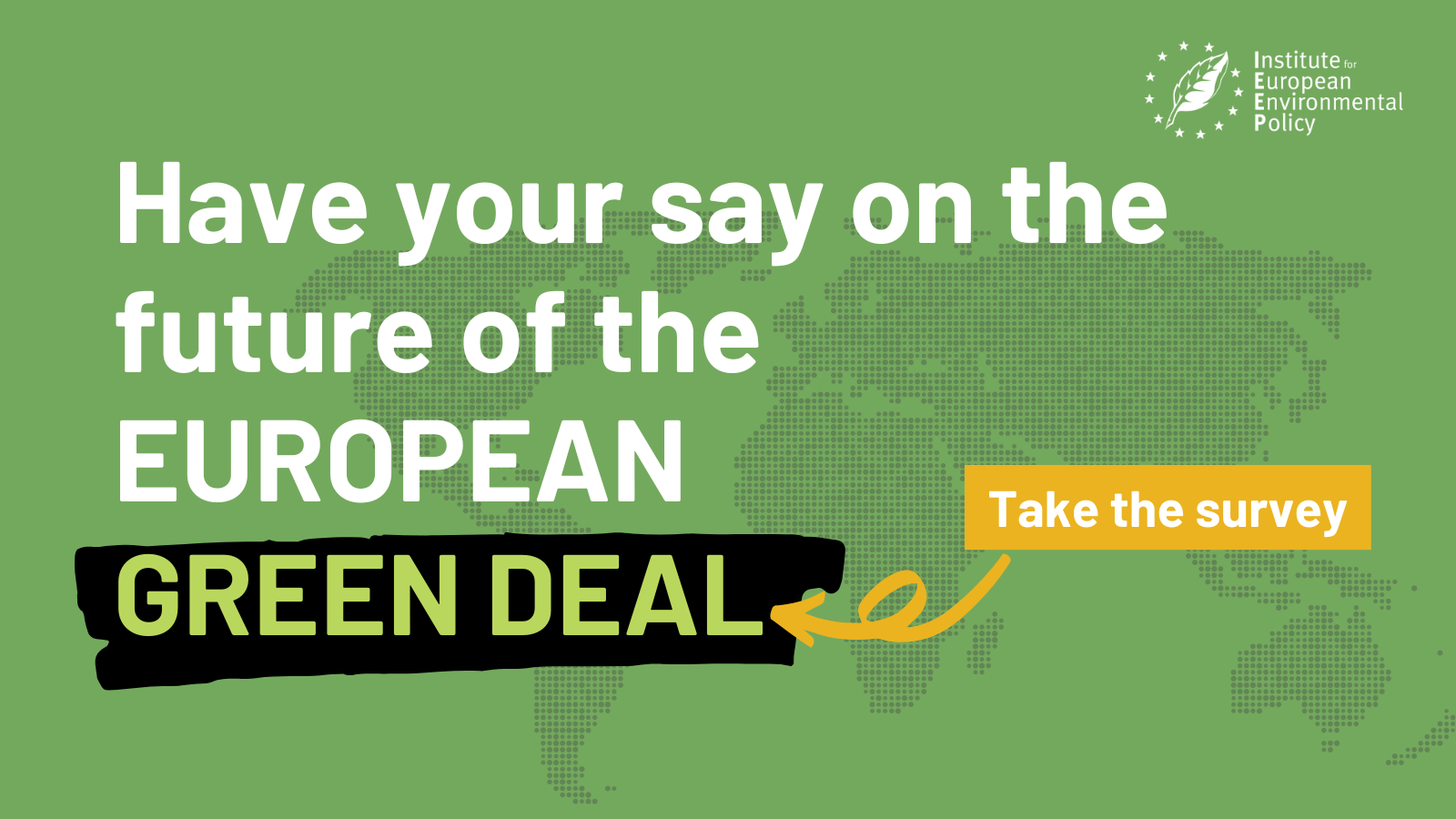This policy brief stems from the adoption of the Global Biodiversity Framework at the COP15 and calls for the EU to build on the momentum to achieve ambitious results in its ongoing biodiversity relevant conversations and negotiations at the global level (High Sea treaty, FTA negotiations like MERCOSUR etc.). It is a collaboration between IEEP’s Biodiversity and global team.
Since the dawn of the industrial revolution, Europe is estimated to have contributed to 33% of global emissions, while Oceania, Africa and Latin America have only contributed 7% altogether. Conversely, while 18% of species have been lost in Europe since 1970, a disproportionate 55%, 66% and 94% of species have been lost in Oceania, Africa and Latin America (respectively) since then.
This shows that although the EU has made bold commitments to climate-neutrality within its own borders by 2050, it continues to generate negative spill-overs to other countries, for which it has a current and historical responsibility.
Although implementation specifics still need to be clarified, the last-minute adoption of the Global Biodiversity Framework (GBF) at the COP15 in Montreal modelled how the EU’s domestic ambition in biodiversity and climate-neutrality can be valuable in negotiating an ambitious text at a global level.
Part of what makes the GBF distinct from previous frameworks, such as the Aichi Targets, is its coverage of previously absent trade issues. These targets seek to address negative externalities that impact those outside the EU’s borders. This briefing takes a closer look at Targets 5 and 18, respectively the potential use of FTAs to tackle biodiversity issues and the implication of the GBF on environmentally harmful subsidies. It considers what can be done to maximise the positive environmental effects of these targets in the framework’s implementation phase.
This brief eventually calls for the GBF to serve as a window of opportunity for advancing an ambitious global agenda for biodiversity. This momentum should be sustained for the upcoming 5th Intergovernmental Conference to conclude the binding multilateral High Seas Treaty and for the multiple trade negotiations that the EU is currently conducting with crucial importance for biodiversity worldwide such as the Mercosur FTA. The GBF marks a crucial point for cementing further global milestones for the preservation of biodiversity.
Read the briefing here.
© Photo by Jaromír Kavan on Unsplash



